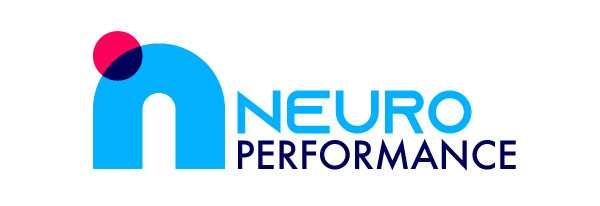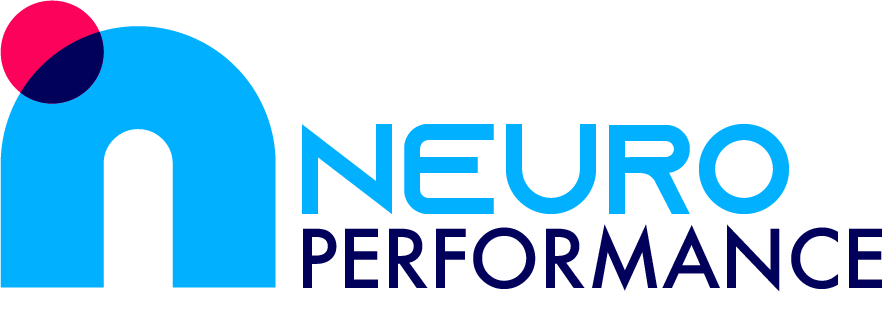MENTAL HEALTH
Untreated depression and anxiety can ruin your life.
We use innovative methods to develop a personalized, tailored therapeutic plan.
FOCUS FULLY
ACT CALMLY
THINK CLEARLY
SLEEP SOUNDLY
At Neuroperformance, we mainly focus on the conditions of depression and anxiety and where these may be comorbid with high functioning autism or with ADHD.
Depression is a very misused term nowadays, typically used to describe when someone feels sad or down.
Clinical depression is a far more serious disorder than this. Clinical depression or Major Depression has high lifetime prevalence – Research shows that on average 1 in 6 people will experience depression at some stage of their lives, with over 1 million Australian adults having depression in any one year.
Most individuals may experience the blues from time to time. For most of us, we bounce back from these low moods and get back to enjoying our lives. For some, the sense of sadness, emptiness, or hopelessness doesn’t go away, and it begins to affect how you think, how you feel, and how you act. When these feelings persist, this mood disorder can interfere with daily life and that can lead to psychological and physical issues.
Depression is a very misused term nowadays, typically used to describe when someone feels sad or down.
Untreated depression and anxiety can ruin your life. Clinical depression, increases the risk of substance abuse, destroys relationships, interferes with your ability to excel at work, and makes you more vulnerable to certain medical conditions. People with depression are more likely to develop heart disease and are more likely to die following a heart attack than people without the condition. Even more troubling is the fact that depression is a significant factor behind suicides.
Anxiety is seen as the most common of disorders, occurring in around 14% of Australians and found to be more common in women than men. It commonly co-occurs with depression, in fact around 80% of the time. We have all at one point or another felt a little anxious, particularly when life thRows a stressful situation or two our way…such as a big job interview, a public speech, or an important test. In contrast, people with anxiety disorders tend to experience intense fear, apprehension, and dread when faced with such everyday events. Anxiety can reach such intense levels that people experience a panic attack—sudden feelings of intense fear and worry combined with overwhelming physical symptoms, such as heart palpitations, chest pain, shortness of breath, dizziness, nausea, and more.
Treatment for depression and anxiety typically exploys medication, psychotherapy or a combination of the two. There is no doubt that non-pharmacological treatments like Cognitive Behavioural Therapy are effective for many suffering from these conditions. However, much like pharmacological treatments, there appear to be a large percentage for which no benefit is experienced. In fact, recent systematic reviews of the literature on anti-depressant medication have concluded they are not much more effective than placebo when used with mild to moderate depression. Exercise as a non-pharmacological treatment consistenly shows to be superior to any medication or CBT approach when tackling depression of the mild to moderate kind. Then there are the side effects of medication based approaches that for many end up making their suffering worse or may even permanently alter their circadian sleep cycle.
The main concern though is that there appears to be an assumption that all depression or anxiety are alike and thus should receive the same standardised treatment. This is largely due to the DSM-5, the diagnostic manual that guides all practitioners during assessment, and aims to classify all into symptom clusters and categorises the disorder in a way that suggests all are the same. This is then used to determine treatment. Herein lies the core flaw of the DSM, as it ignores the variety of divergent neurophysiological presentations seen within most disorders. In short, a DSM diagnosis does not predict therapeutic efficacy for any psychiatric drug or treatment. There is more than enough evidence to support that depression, anxiety and many other conditions have varying drivers behind them and warrants a more personalised investigation to ensure that the treatment actually seeks to address the cause and not just the symptoms.
Every person is different, so it is important to assess and determine the individual drivers behind the condition before implementing a treatment plan. Drivers may include sleep issues, gut health issues, inflammation in the gut and in the brain, hormonal imbalance, thyroid function, vital nutrient defficiencies such as zinc, toxicity and the list goes on. Medications and CBT do not address these and may explain the high numbers of those failing to respond to these treatments. All of these can be addressed non-pharmacologically through food, exercise, stress management, nutritional assessments and targeted supplementation and with the emerging field of neuromodulation.
“You cannot change how you think and feel without changing your brain”
– John B. Arden, PhD
OUR APPROACH
Our approach at Neuroperformance is not focused on a series of symptom clusters that sees everyone as the same but seeks to identify each individuals unique underlying drivers. One size treatment simply does not work. Most psychologists and psychiatrists never look at the very organ they treat. At neuroperformace, we seek to include thorough testing and Qeeg assessment in addition to the typical clinical evaluations in order to better understand your unique brain factors that may be at play and use this to develop a personalized, tailored therapeutic plan.
Our approach is typically suited to those who are seeking a non-medication based approach. We are certainly not against medication and may even suggest exploration of this option with your doctor or psychiatrist where it appears strongly indicated. We focus on providing drug-free and evidence-based solutions for Teens and Adults with depression and anxiety including Biofeedback Training, Neurofeedback Therapy , Nutraceutical therapy and tDCS (Trans-Cranial Direct Current Stimulation) and as well as offering targeted lifestyle advice.



